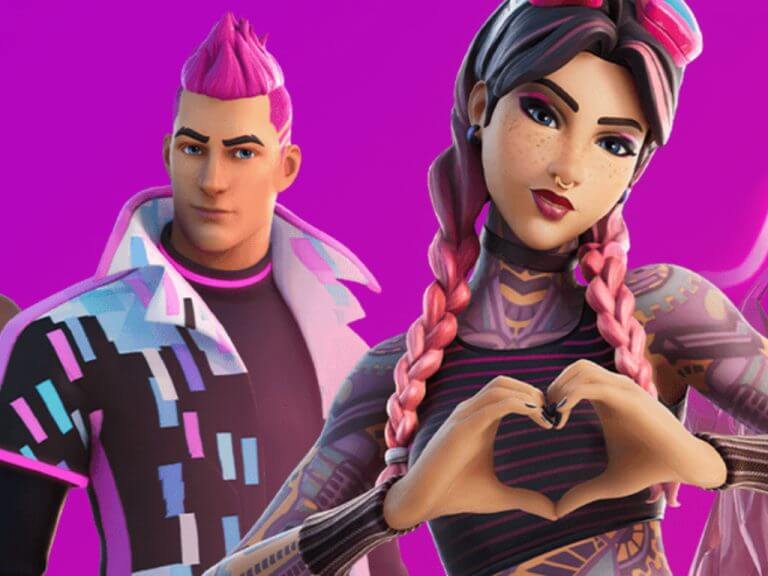Chair of the Federal Trade Commission Lina Khan snags a relatively big win for gaming consumers as she spearheads a $520 million settlement with Epic Games over Fortnite’s repeated privacy violations and fostering unwanted in-app purchases.
Yesterday, Khan took to her Twitter account to layout the settlement between the FTC and Epic Games that includes Epic forking over $275 million as a penalty for violating the Children Oline Privacy Protection Rule (COPPA), $245 million as intended reimbursement to customers who were duped into making unwanted purchases.
Alongside the financial fines Epic Games is also court ordered to obtain parent’s permission before chat and text options can be enabled for minors as well as deleting the collected personal information of users 13 or younger unless previously granted consent by a parent.
1. @FTC has taken action against Epic Games, creator of Fortnite, for violating children’s privacy & tricking millions of players into making unwanted purchases. Epic will pay a record-breaking $520 million in relief. https://t.co/vQhstHvrTB
— Lina Khan (@linakhanFTC) December 19, 2022
In a rather informative Twitter thread, Khan breaks down the complaints the FTC had with Epic Games as they relate to the publisher’s “privacy-invasive default settings and deceptive interfaces that tricked Fortnite users, including teenagers and children.”
The FTC cites examples of Epic Games violations that include some users being charged for items as they attempted to wake the game from sleep or inadvertently pressing a button during a loading screen or simply attempting to preview an item.
Worse yet, the FTC claims that until 2018, Epic Games has been charging account holders without authorization via its in-game V-Buck capital.
To remedy the in-app purchase issue, Epic Games has already begun implementing Cabined Accounts in Fortnite and Rocket League for gamers under 13, that automatically disables voice chat, in-game purchases and started seeding a relatively new parent verification service for developers to add to their content.
Epic Games has also added a new ‘undo purchase’ selection and refund token system in Fortnite to help mitigate future instances of unwanted or ‘duped’ in-app purchases.
As for the damage that’s already happened, the FTC plans to make some users whole by taking the $275 million dollar settlement and redistributing it back to parents whose children made unauthorized credit card purchased during a specific window of time.
The FTC plans to make refunds available to:
Parents whose children made an unauthorized credit card purchase in the Epic Games Store between January 2017 and November 2018
Fortnite players who were charged in-game currency (V-Bucks) for unwanted in-game items (such as cosmetics, llamas, or battle passes) between January 2017 and September 2022
Fortnite players whose accounts were locked between January 2017 and September 2022 after disputing unauthorized charges with their credit card companies.
Epic Games responded to the settlement going public with a press release on its site that states “the old status quo for in-game commerce and privacy has changed, and many developer practices should be reconsidered. We share the underlying principles of fairness, transparency and privacy that the FTC enforces, and the practices referenced in the FTC’s complaints are not how Fortnite operates.”


